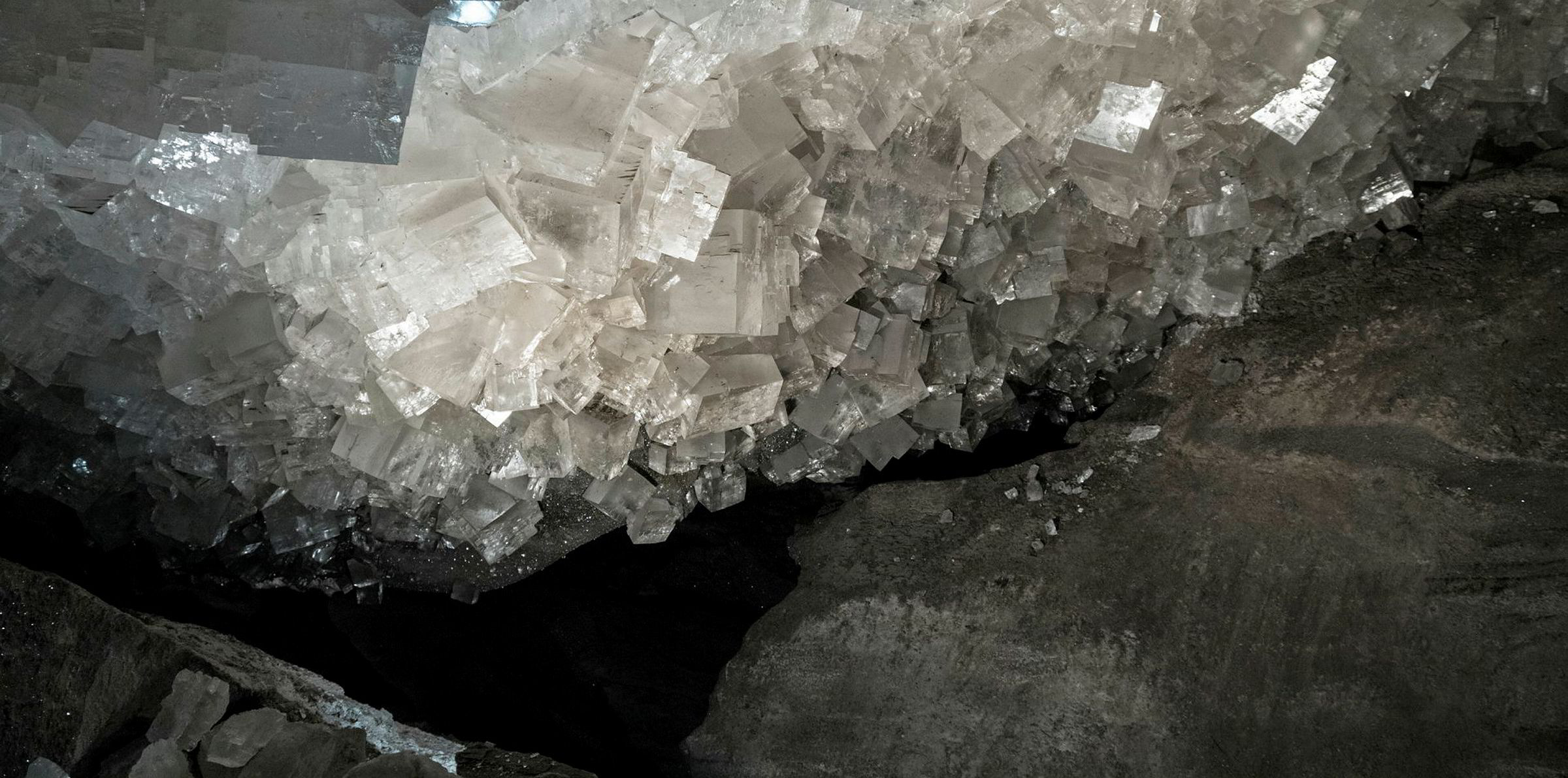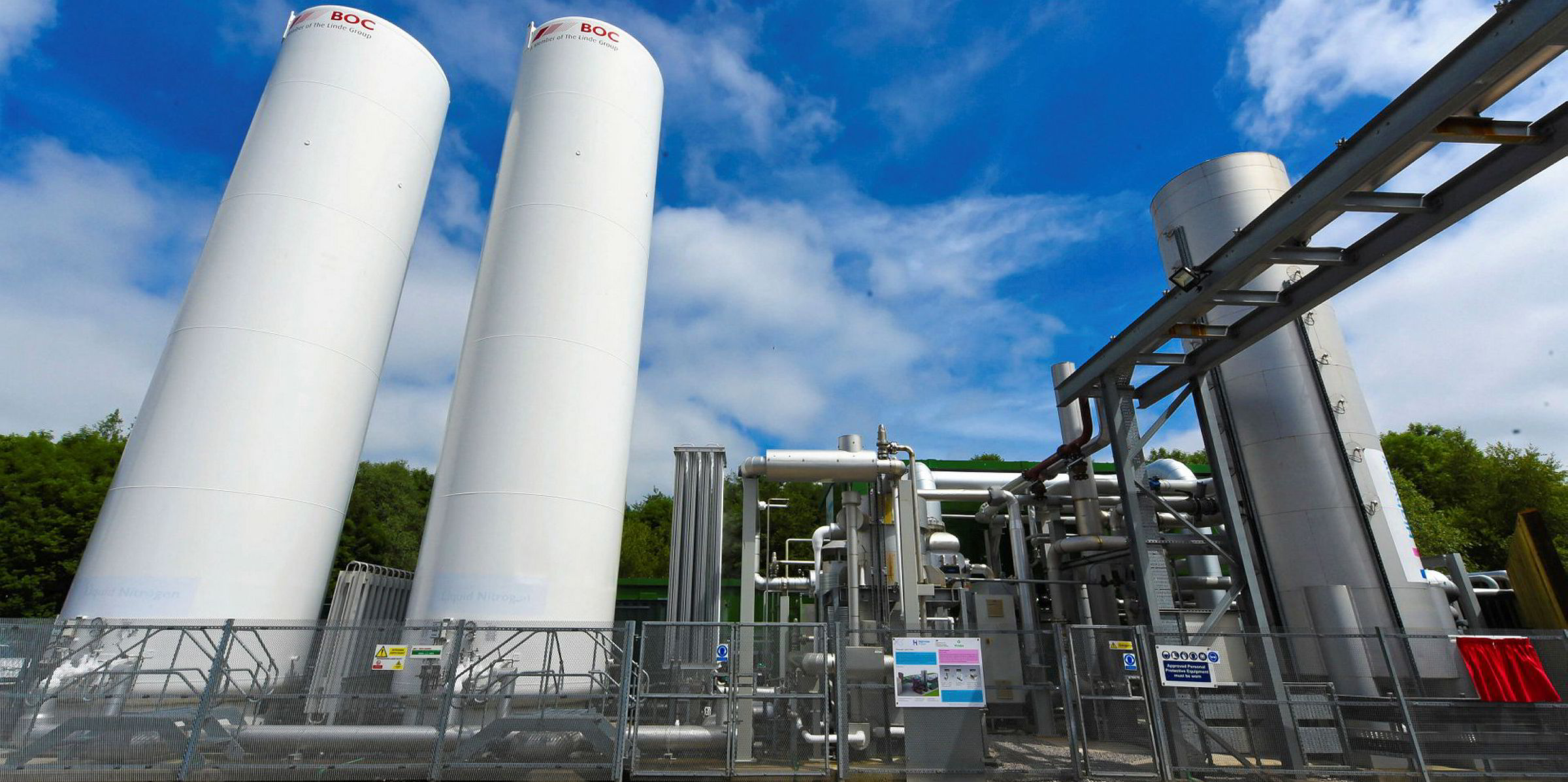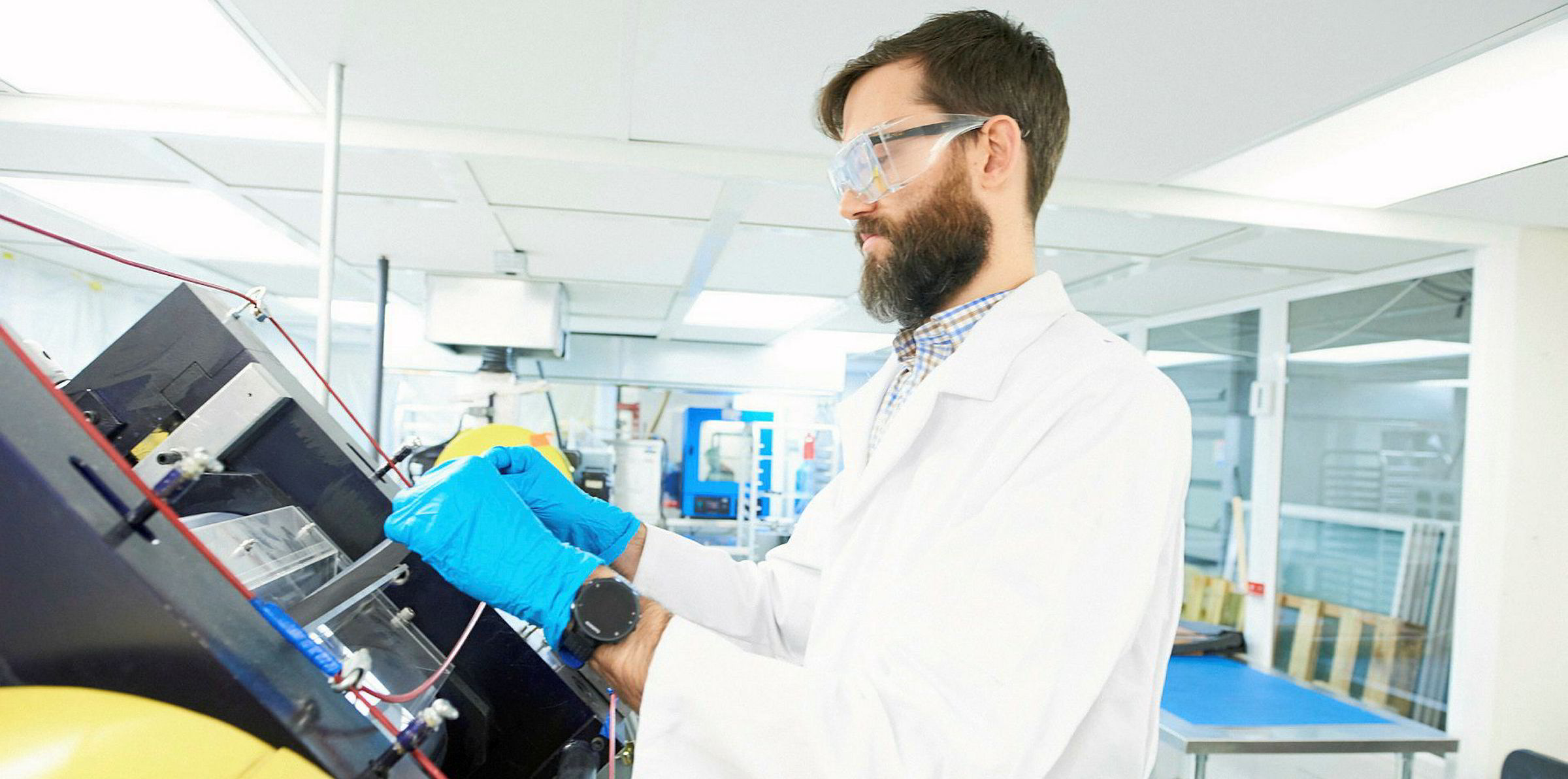German utility RWE is planning to turn enormous underground salt caverns used for natural-gas storage into giga-scale flow batteries by filling them with a cheap organic electrolyte solution.
“These underground caverns could potentially store capacities of up to several gigawatt hours of electricity from renewable sources,” the company says, pointing out that the largest lithium-ion battery in Europe has a storage capacity of only 50MWh.
Subsidiary RWE Gas Storage West, which operates five natural-gas storage caverns, has begun working with German energy-storage start-up CMBlu Energy on a feasibility study.
Potential electrolytes have been selected and their suitability for use in salt caverns will be investigated in the lab over the coming months. Then, next spring, work will begin on building and operating a 100kW/1MWh test system, which is set to run until the spring of 2024.
“Organic flow batteries are based on carbon, which is available globally in almost unlimited volumes,” says CMBlu CEO Peter Geigle. “The components are easy to recycle, and water is the largest component by volume. That means the battery isn’t flammable, so it’s safe to use. In addition, organic storage systems use no metal, unlike most other batteries.”
Organic flow batteries have been tested in the lab for several years, but have yet to make the leap into commercial projects.
As RWE Gas Storage West managing director Andreas Frohwein says: “The future belongs to renewables. In order to make optimal use of green electricity, we need large stationary electricity storage systems.”



